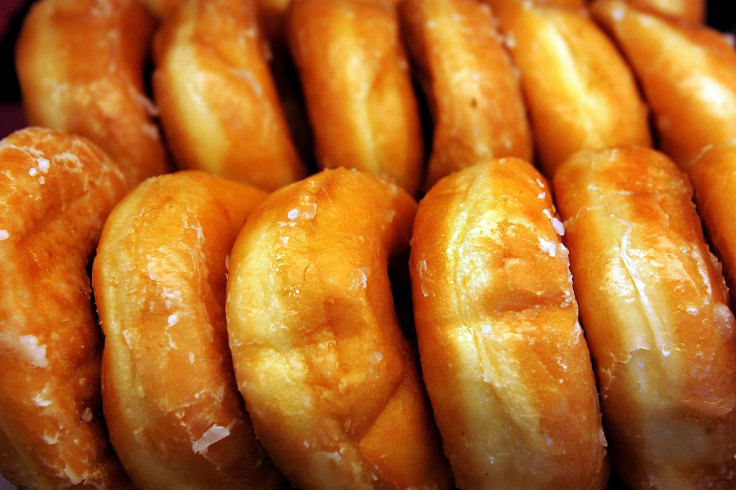Burger King's Tim Hortons $11.4 Billion Merger Takes Advantage Of Low Canadian Tax Rates

Burger King Worldwide Inc. (NYSE:BKW) announced Tuesday it will pay $11.4 billion for Tim Hortons Inc. (TSE:THI). Though the iconic Canadian chain is famous for breakfast offerings such as coffee and Timbits, this acquisition is more about dollars than donuts.
“I don’t think there are any strategic ramifications here,” Wedbush Securities restaurant analyst Nick Setyan said. “Burger King’s goal, to me, is purely the lower tax rate,” he said.
Miami-based Burger King is valued at about $10 billion and is the second-largest burger chain in the U.S. after McDonald’s (NYSE:MCD). Once BK takes its 51 percent stake in Oakville, Ontario-based Tim Hortons, the combined entity will have more than 18,000 restaurants in 100 countries around the world, according to a Monday public statement.
“This acquisition is primarily seen as a financial maneuver, in which the two companies would be reincorporated in Ontario -- effectively executing a corporate inversion for the [Burger King] brand and reducing the potential new business’ tax burden,” Stephens analyst Will Slabaugh said Tuesday in a note.
Last year, the burger chain’s corporate tax rate was 27.4 percent, according to its annual filing, Tim Hortons paid taxes at a rate of 26.8 percent.
“While the short-term benefit isn’t apparent when compared to Ontario’s corporate 26.5 percent tax rate, the savings over time could be meaningful,” Slabaugh wrote.
The combined corporate tax rate in Canada is 26.3 percent, according to the Organization for Economic Cooperation and Development, while the same rate in the United States is 39.1 percent.
Canada has been slowly reducing its federal corporate tax rate since 2006. It has just hit 15 percent -- the lowest in the G-7 countries. Meanwhile, the combined corporate rate in the United States is 39.1 percent, the highest in the developed world.
While fast-food companies seem to be racing to outdo one another to attract a larger breakfast crowd, the morning customers aren’t as important to this deal as many seem to think.
“Outside of a few small breakfast offerings, such as coffee, we do not see a large opportunity for cross-pollination of menus,” Slabaugh wrote.
While most investors support the deal, some Burger King customers slammed the chain for being "un-American."
As Business Insider reports, the restaurant's fans took to the company's Facebook wall to express their thoughts.
"The Whopper just became un-American!" one person wrote. "Evade taxes? I will evade you," another added.
© Copyright IBTimes 2024. All rights reserved.






















